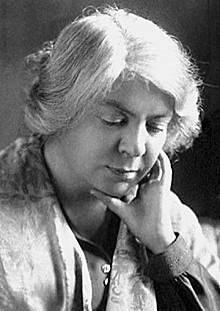
Grazia Maria Cosima Damiana Deledda was an Italian writer who received the Nobel Prize for Literature in 1926 "for her idealistically inspired writings which with plastic clarity picture the life on her native island [i.e. Sardinia] and with depth and sympathy deal with human problems in general". She was the first Italian woman to receive the prize, and only the second woman in general after Selma Lagerlöf was awarded hers in 1909.

María de la Concepción Jesusa Basilisa Rodríguez-Espina y García-Tagle, short form Concha Espina, was a Spanish writer. She was nominated for a Nobel prize in literature 25 times in 28 years.
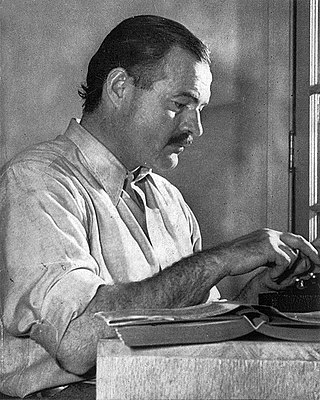
The 1954 Nobel Prize in Literature was awarded to the American author Ernest Hemingway (1899–1961) "for his mastery of the art of narrative, most recently demonstrated in The Old Man and the Sea, and for the influence that he has exerted on contemporary style."

The 1931 Nobel Prize in Literature was posthumously awarded to the Swedish poet Erik Axel Karlfeldt (1864–1931) with the citation: "The poetry of Erik Axel Karlfeldt." He was the third Swede to win the prize and remains the only recipient to be posthumously awarded. Karlfeldt had been offered the award already in 1919 but refused to accept it, because of his position as permanent secretary to the Swedish Academy (1913–1931), which awards the prize.

The 1914 Nobel Prize in Literature was not awarded when the committee's deliberations were upset by the beginning of World War I (1914–1918). Thus, the prize money was allocated to the Special Fund of this prize section. This was the first occasion in Nobel history that the prize was not conferred.

The 1918 Nobel Prize in Literature was withheld the second time since 1914 because the committee's deliberations were still disturbed by the ongoing World War I (1914–1918). The war ended on 11 November 1918, a month after the annual announcement ceremony. Thus, the prize money was allocated to the Special Fund of this prize section.

The 1913 Nobel Prize in Literature was awarded to the Bengali polymath Rabindranath Tagore (1861–1941) "because of his profoundly sensitive, fresh and beautiful verse, by which, with consummate skill, he has made his poetic thought, expressed in his own English words, a part of the literature of the West." He is the first and remains only the Indian recipient of the prize. The award stemmed from the idealistic and accessible nature of a small body of translated material, including the translated Gitanjali.

The 1952 Nobel Prize in Literature was awarded to the French Catholic writer François Mauriac (1885–1970) "for the deep spiritual insight and the artistic intensity with which he has in his novels penetrated the drama of human life." He is the eight French author to receive the prize after the novelist André Gide in 1947.
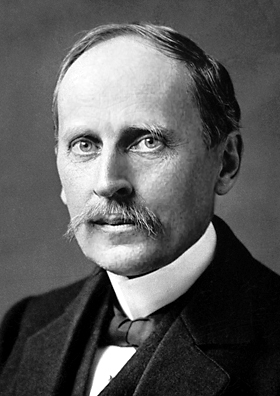
The 1915 Nobel Prize in Literature was awarded to the French author Romain Rolland (1866–1944) "as a tribute to the lofty idealism of his literary production and to the sympathy and love of truth with which he has described different types of human beings." The prize was awarded the following year on November 9, 1916 and he is the third Frenchman who became a Nobel recipient for the literature category.

The 1917 Nobel Prize in Literature was equally divided between the Danish authors Karl Adolph Gjellerup (1857–1919) "for his varied and rich poetry, which is inspired by lofty ideals," and Henrik Pontoppidan (1857–1943) "for his authentic descriptions of present-day life in Denmark." It is the second of four occasions when the Nobel Prize in Literature has been shared between two individuals.

The 1928 Nobel Prize in Literature was awarded to the Danish-born Norwegian novelist Sigrid Undset (1882–1949) "principally for her powerful descriptions of Northern life during the Middle Ages." She is the third female recipient of the literature prize.

The 1930 Nobel Prize in Literature was awarded to the American novelist Sinclair Lewis (1885–1951) "for his vigorous and graphic art of description and his ability to create, with wit and humour, new types of characters." He is the first American Nobel laureate in literature.

The 1929 Nobel Prize in Literature was awarded to the German author Thomas Mann (1875–1955) "principally for his great novel, Buddenbrooks, which has won steadily increased recognition as one of the classic works of contemporary literature." He is the fourth German author to be awarded the literature prize after Paul von Heyse in 1910.

The 1920 Nobel Prize in Literature was awarded to the Norwegian author Knut Hamsun (1859–1952) "for his monumental work, Growth of the Soil." He was the second Norwegian Nobel laureate in literature after Bjørnstjerne Bjørnson won in 1903.

The 1927 Nobel Prize in Literature was awarded to the French philosopher Henri Bergson (1859–1941) "in recognition of his rich and vitalizing ideas and the brilliant skill with which they have been presented." He was the second philosopher to gain the Nobel Prize after Rudolf Christoph Eucken won in 1908.
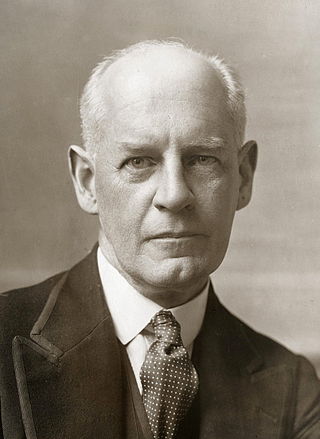
The 1932 Nobel Prize in Literature was awarded to the British author John Galsworthy (1867–1933) "for his distinguished art of narration which takes its highest form in The Forsyte Saga". When Galworthy was awarded the Nobel Prize in Literature, only the second English author to receive the award since its inception in 1901.

The 1924 Nobel Prize in Literature was awarded to the Polish author Wladyslaw Reymont "for his great national epic, The Peasants".

The 1925 Nobel Prize in Literature was awarded to the Irish playwright George Bernard Shaw (1856–1950) "for his work which is marked by both idealism and humanity, its stimulating satire often being infused with a singular poetic beauty." The prize was awarded in 1926. Shaw was the second Irish Nobel laureate in literature after W. B. Yeats won in 1923.
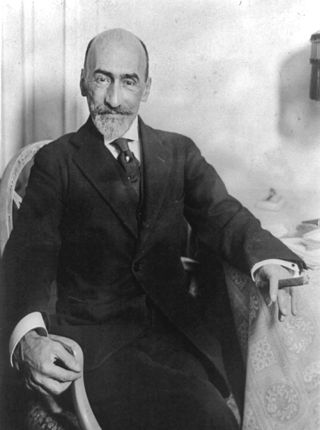
The 1922 Nobel Prize in Literature was awarded to the Spanish dramatist Jacinto Benavente (1866–1954) "for the happy manner in which he has continued the illustrious traditions of the Spanish drama".
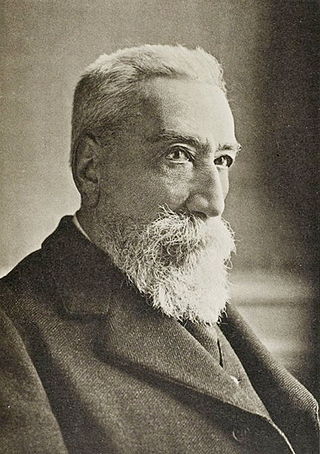
The 1921 Nobel Prize in Literature was awarded to the French author Anatole France "in recognition of his brilliant literary achievements, characterized as they are by a nobility of style, a profound human sympathy, grace, and a true Gallic temperament".
